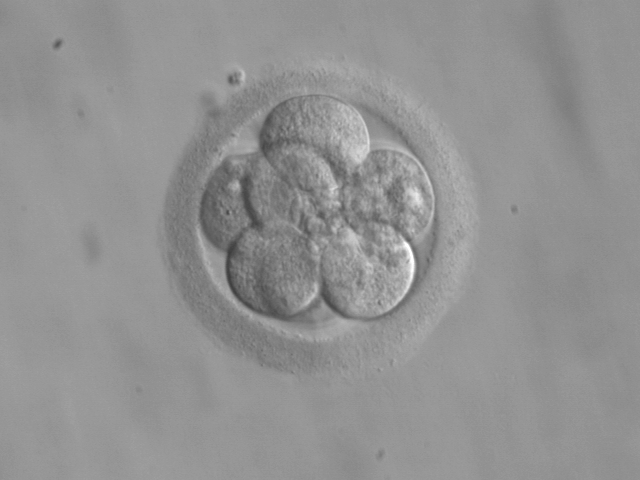The 8th District Ohio Court of Appeals has ruled that embryos are not entitled to personhood in a decision on a case brought against University Hospitals in Cleveland.
The case came after a freezer malfunction caused the loss of over 4,000 eggs and embryos in March 2018. UH has stated that the malfunction was not due to a "lack of care, negligence, or breach of duty by Defendants."
Rick and Wendy Penniman of Broadview Heights brought the case to Cuyahoga County Common Pleas Court. According to Judge Larry Jones, they argued "the life of a person begins at the moment of conception, declaring that the legal status of an embryo is that of a person" and requested "costs incurred herein." Judge Stuart Friedman ruled in favor of UH, and the couple appealed.
Last week, the appellate courted ruled 2-1 with Friedman (since retired). Jones wrote the affirming opinion, and Judge Eileen Gallagher concurred.
Judge Jones wrote that, while the term embryo is "not well-defined" under Ohio law, it was not capable of "independent survival" and therefore "does not constitute 'a distinct human entity.'"
In a dissenting opinion, Judge Sean Gallagher refuted Jones's citation of criminal statutes, saying the case should be grounded in civil law.
Bruce Taubman, the Pennimans' attorney, has promised to appeal the decision. Taubman said that life starts at conception. Jones, however, ruled that an embryo prior to implantation is not entitled to the rights of a person.
"The law is clear: An embryo is not a person," stated UH's lawyer Benjamin Sasse, during arguments in March.
The ruling comes less than a month after Ohio passed the Heartbeat Bill, banning abortions as early as six weeks. The earliest fetal viability has been tentatively placed at 24 weeks, meaning that, while the appellate court has ruled that an embryo incapable of survival does not have the rights of a person, abortions are banned around 20 weeks before a fetus could (potentially) survive independently.
The U.S. Supreme Court previously ruled that the right to an abortion is covered in the 14th Amendment.
Sign up for CityBeat's weekly newsletters to get the latest on Cincinnati culture, dining news and things to do delivered right to your inbox.






